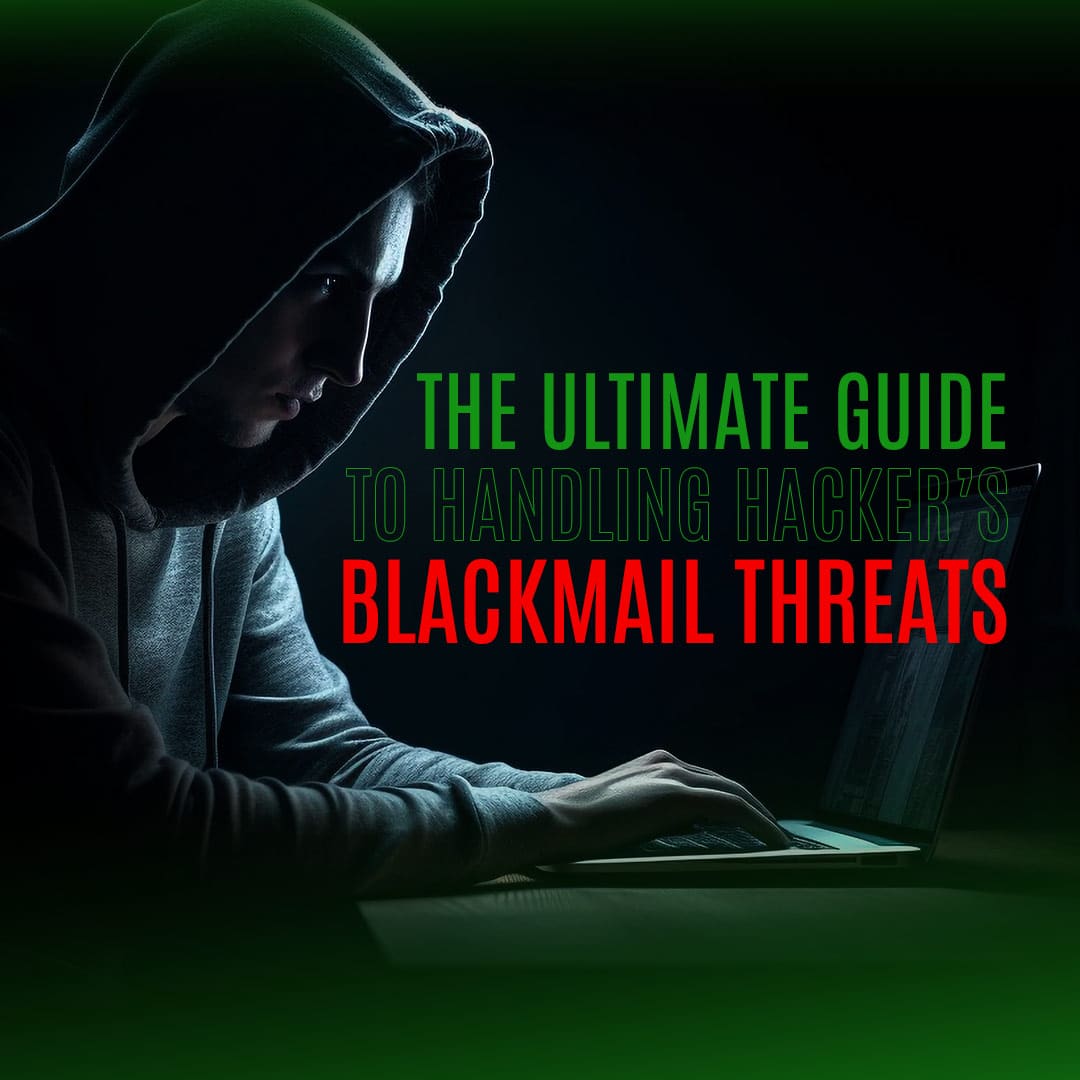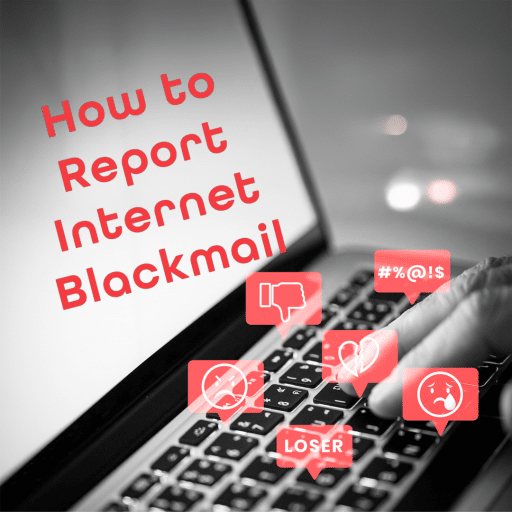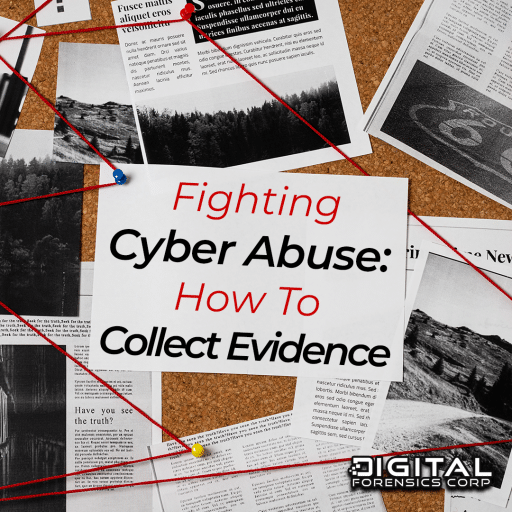In this digital age, hackers have become more sophisticated, threatening individuals and organizations with blackmail. Blackmail threats are malicious attempts by hackers to extort money or gain control over sensitive information. Understanding how these threats are carried out and taking immediate action is crucial to safeguard your privacy and personal information. This comprehensive guide will provide you with actionable steps to handle a hacker’s blackmail threats effectively.
Can a hacker blackmail you?
Hackers can blackmail individuals by gaining unauthorized access to sensitive personal information or compromising material. The methods hackers use can range from sophisticated phishing scams, breaching security systems, or exploiting software vulnerabilities to even simpler tactics like guessing weak passwords.
Once they have valuable information, such as personal photos, confidential business documents, or financial details, they can threaten to expose or misuse this information unless a ransom is paid. This type of cybercrime, often referred to as ransomware attacks or cyber extortion, can cause significant distress and financial loss for the victims. It’s important to remember not to engage with the hacker, preserve any evidence of the blackmail, notify local law enforcement, and seek legal advice if you find yourself in this situation.
How do you outsmart a blackmailer?
1. Recognize the Threat:
Blackmail threats typically involve hackers gaining unauthorized access to your personal information, sensitive data, or compromising images and videos. They use this as leverage to demand payment or other malicious activities. It’s important to understand that responding to these threats can be risky, as there is no guarantee that paying the ransom will result in the return of your data.
2. Maintain Calm and Assess the Situation:
If you receive a blackmail threat, it’s essential to stay calm and assess the situation objectively. Take the following actions:
o Do not engage with the hacker: Avoid responding to their demands or engaging in any form of communication.
o Preserve evidence: Take screenshots or record any conversations related to the threat as evidence for law enforcement.
o Disconnect from the internet: Temporarily disconnect from all online platforms to prevent further unauthorized access.
3. Strengthen Security Measures: To protect your privacy and personal information:
o Change passwords: Immediately change passwords for all your online accounts, using strong, unique passwords for each.
o Enable two-factor authentication (2FA): Add an extra layer of security by enabling 2FA on all applicable accounts.
o Update software: Keep all your devices and applications up to date to mitigate potential vulnerabilities.
o Utilize secure cloud storage: Store sensitive data in encrypted cloud storage services to protect against unauthorized access.
4. Report the Incident: Reporting the incident to the appropriate authorities is crucial in combating cybercrime:
o Contact local law enforcement: Inform your local police department about the blackmail threat and provide them with any evidence you have gathered.
o Report to relevant organizations: Notify the affected online platforms, such as social media networks or email service providers.
o File a complaint with the Internet Crime Complaint Center (IC3): Submit a report to IC3, a partnership between the FBI and the National White Collar Crime Center.
5. Seek Professional Help: If you feel overwhelmed or lack the technical expertise to handle the situation, consider seeking assistance from cybersecurity professionals:
o Engage a professional security agency: Work with reputable cybersecurity firms that specialize in handling blackmail threats and data breaches.
o Consult an attorney: Seek legal advice to understand your rights and potential legal actions you can take against the hacker.
6. Preventing Future Cyber Attacks: To protect yourself from future threats, adopt the following measures:
o Stay informed: Stay updated on the latest cybersecurity threats, trends, and best practices through reliable sources such as reputable tech blogs and security forums.
o Use a secure VPN: Utilize a virtual private network (VPN) to encrypt your internet connection and protect your online activities from prying eyes.
o Backup your data regularly: Maintain regular backups of your essential files in secure locations to mitigate potential data loss.
o Educate yourself and others: Learn about common hacking techniques and educate friends, family, and colleagues on cybersecurity best practices.
Do blackmailers give up if you ignore them?
When a victim chooses to ignore such demands, the outcome can be unpredictable. Some blackmailers may give up, finding it unproductive to continue their attempts without any response. However, others may view the silence as a challenge and escalate their threats, potentially following through on their initial warnings. The value of the product or information they’re interested in doesn’t necessarily
diminish by ignoring them; it largely depends on the blackmailer’s determination and the overall importance of the information or product to them.
What to do if someone blackmails you?
If you are being blackmailed, we advise following or implanting these steps in your plan of defense. Handling a hacker’s blackmail threats requires a proactive and systematic approach. By following the steps outlined in this comprehensive guide, you can protect your privacy and personal information effectively. Remember, never pay the ransom, as it perpetuates criminal activities and does not guarantee the return of your data. Stay vigilant, stay informed, and prioritize cybersecurity to minimize the risk of falling victim to cyber threats.







